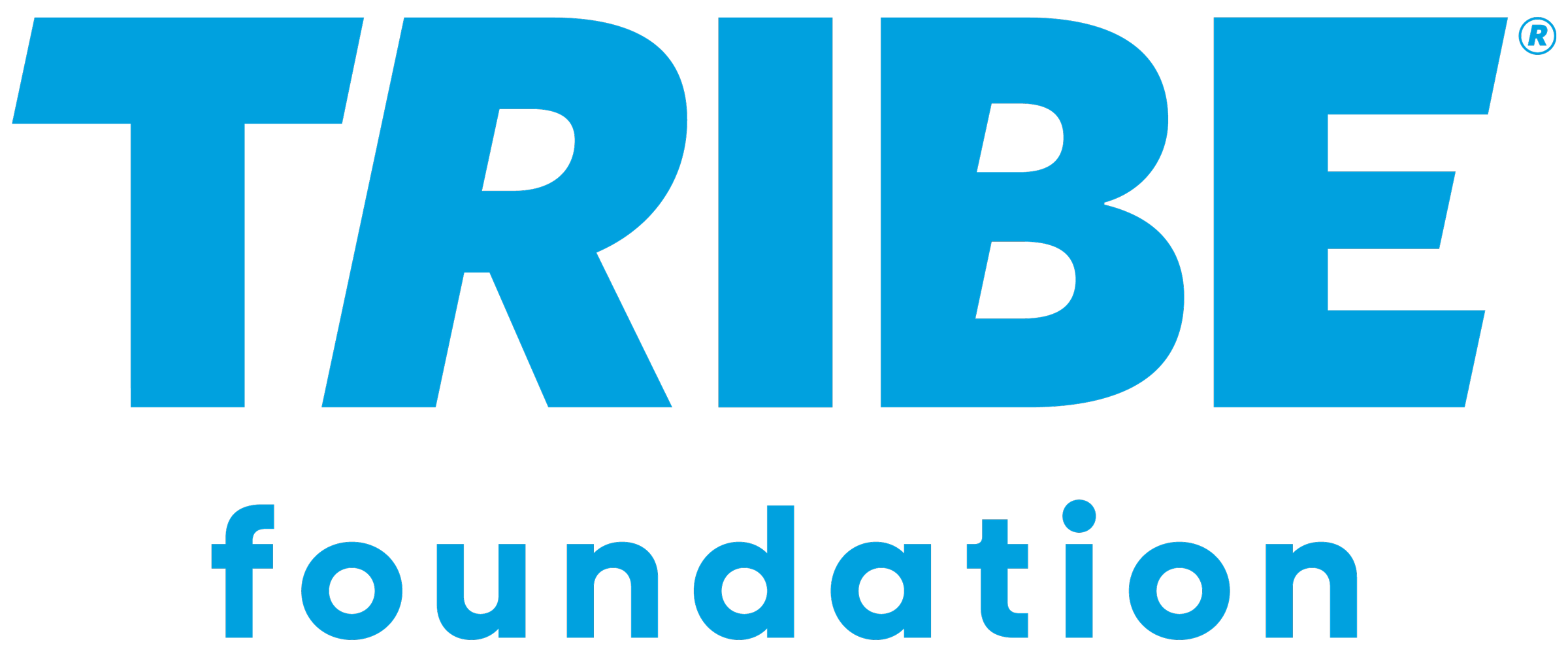My name is Timea Nagy, Survivor, Advocate, Educator, trainer and CEO.
I grew up in Budapest, Hungary, during communism. My mom was a Police officer. My dad left when I was 9 years old. At the age of 21, our family faced a major financial crisis, meaning we were about to lose our homes and become homeless. My family wasn’t in a position to provide for themselves so I ended up taking a job offer to go to Canada and be a babysitter for three months. The agency unfortunately turned out to be an International Human Trafficking ring. I become a victim of Sex Trafficking for over three terrifying months. I didn’t speak English, I didn’t know anyone, I didn’t have money, and I didn’t have my passport. With the help of good Canadian people, I managed to escape and try to start a new life but it wasn’t easy. It took me over 18 years to fully get back on my feet.
Reintegrating into society was one of the hardest things for me as a Survivor. I didn’t have a proper status, couldn’t get a bank card, couldn’t go to school, and the list goes on. But not being able to get a bank card and not knowing anything about how to build or clean your credit score has truly put roadblocks in my healing journey for over ten years. For example, even when I had three jobs and worked seven days a week, I could never get ahead financially because I didn’t have a bank card, so my paycheques were cashed at Money Mart places, where I would lose 30% of my income on fees.
Later on, when I started my own organization and worked with other survivors helping them back on their feet, I realized that this gap (in financial services for survivors) was way bigger than I thought. Not having access to financial services or a real understanding of how to manage your paycheck, payments, taxes etc. means that Survivors are still vulnerable, unable to receive paychecks from employers. They are at risk of paying high fees at money mart places, unable to build their credit and struggle to find ways to live in a cashless society.
Having access to bank accounts can help prevent vulnerable individuals from being trafficked or exploited. In one particular case, I got a call from a 42-year-old man who had lost his mother and had travelled to London to find a job. He got a great job at a famous hotel working in the kitchen. His manager was also Hungarian. The man didn’t speak English, so the manager took this man under his wing. After a month, the manager convinced this man to give him his earnings since he doesn’t have a bank account and the hotel can’t pay cash. Months turned into almost a year. He took the man’s earnings, forced him to move into his apartment, and sexually harassed him while taking his monthly income. The manager had been exploiting Hungarian workers for 2 years at the Hotel, but no one knew until this man reported it.
This is why I was highly inspired when I first learned about the work of TRIBE Survivor Financial Empowerment Hub. I believe that TRIBE Freedom Foundation is the first organization (to my knowledge) that is working hard to close this gap with multi-sector community mobilization, raising awareness and training. TRIBE and Nasdaq’s efforts to educate survivors, service providers and Banks on how to provide appropriate services and offer bank accounts and financial services in a trauma-informed matter are simply ground-breaking.
This initiative is a very progressive, much-needed next step in the right direction to truly help create REAL second chances for Victims and Survivors of Human Trafficking.


